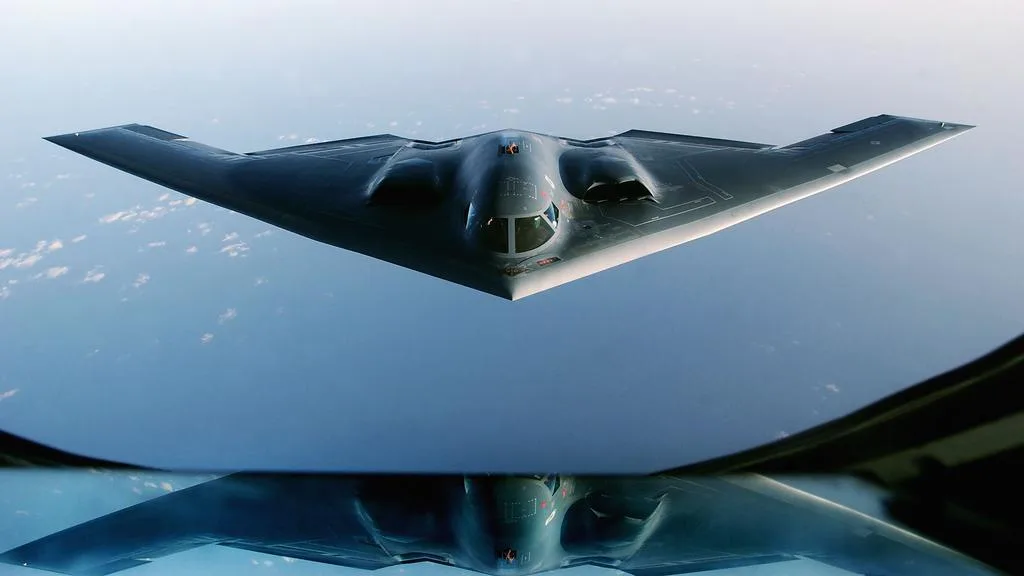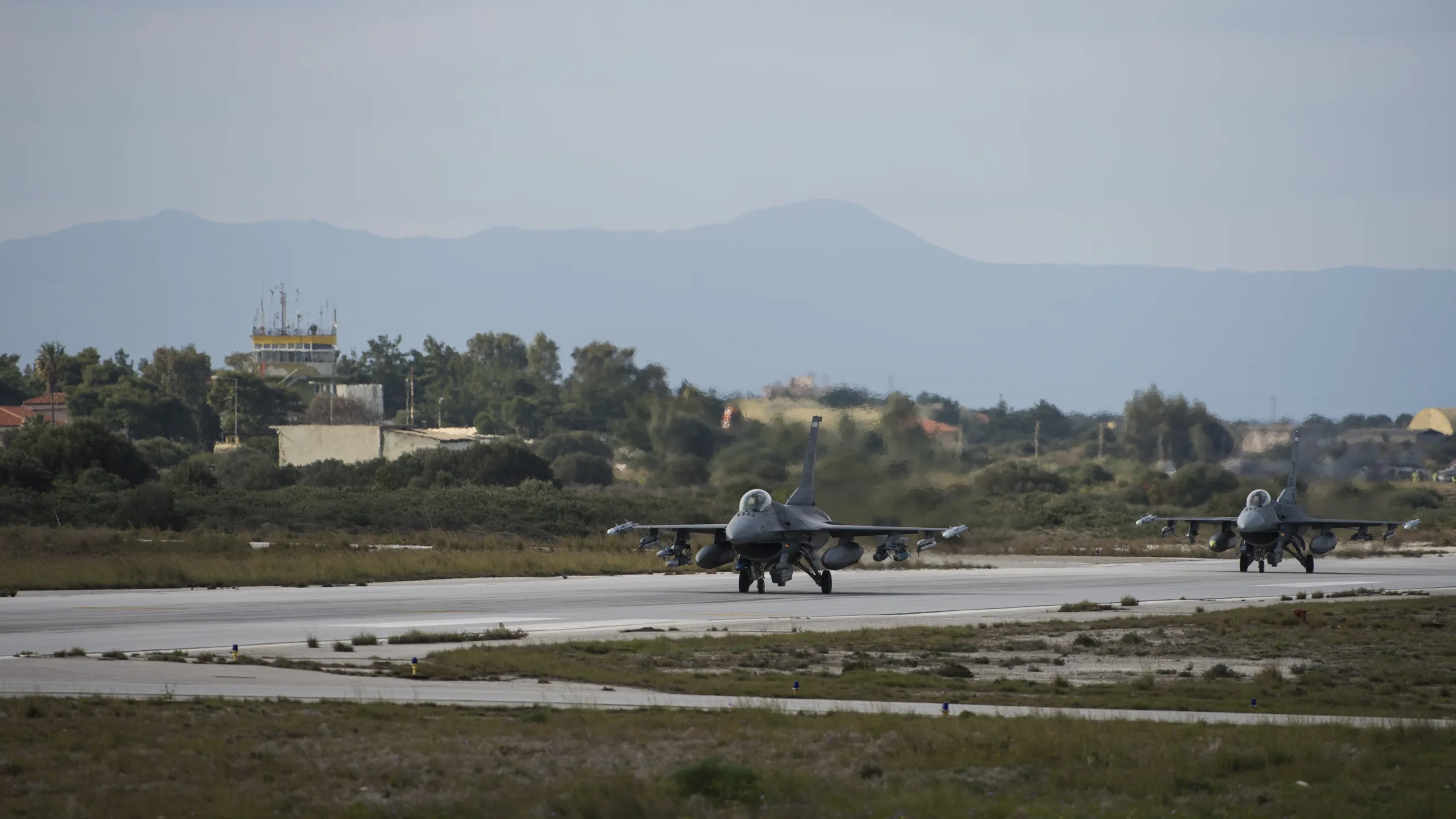Did you know a major part of the recent United States airstrikes on Iran’s nuclear facilities unfolded quietly from the Mediterranean — specifically, from the Souda Bay military base on the Greek island of Crete.
Here’s how Greece played a strategic role in one of the most secretive military operations in recent years.
What happened?
In the early hours of 22 June, the US launched Operation Midnight Hammer — a precision strike targeting Iran’s nuclear sites at Fordow, Natanz, and Isfahan. While the international spotlight focused on US-based aircraft movements, the actual strike force took off from locations far closer to the target.
What role did Crete play?
A key element of the mission was mid-air refuelling. Stealth B-2 bombers require tanker support to reach targets across long distances — and that support came, in large part, from the US Navy base at Souda Bay, Crete.
According to local and defence sources:
- Between three and six KC-135 refuelling aircraft took off from Souda Bay.
- These tankers rendezvoused with B-2 bombers over the central Mediterranean.
- Their movements were largely untraceable — transponders were off, and no signals were emitted.
Local newspaper Chaniotika Nea reported: “Souda base was used for refuelling purposes in the early morning US strike on Iran… Flights were clearly noticed by residents of Akrotiri and Apokoronas.”

Was this part of a wider mission?
Yes. Souda Bay was one of several key refuelling hubs. Others included:
- Lajes Field, in the Azores (Portugal)
- Morón Air Base, in Spain
Together, these bases supported a fleet of seven B-2 bombers and dozens of tankers. A second wave of tankers was also detected northeast of the Azores, aiding the bombers’ return.
Why didn’t we see it coming?
The Pentagon used a combination of:
- Electronic silence (no tracking signals)
- Diversion tactics (tankers flew westward as a distraction)
- Geographic dispersion (staging points spread across Europe)
As flight tracker Flightradar24 noted: “Military aircraft only emit tracking signals when they choose to — and this time, they chose not to.”
Why does this matter?
The use of Souda Bay underscores Greece’s growing strategic importance to the US and NATO in the eastern Mediterranean. It also highlights how military operations today rely not just on combat aircraft but on complex, multinational logistics and refuelling support — often hidden in plain sight.
Source: tovima.com
